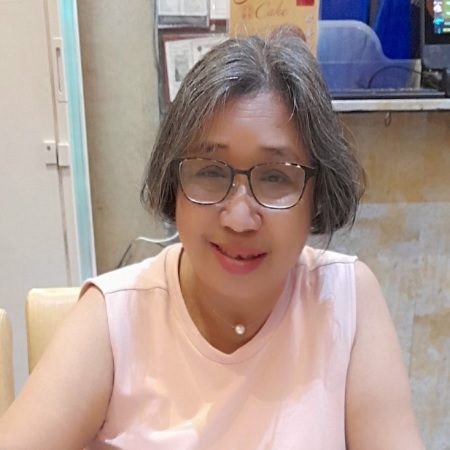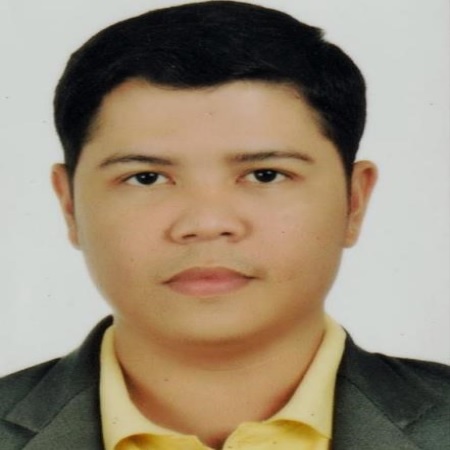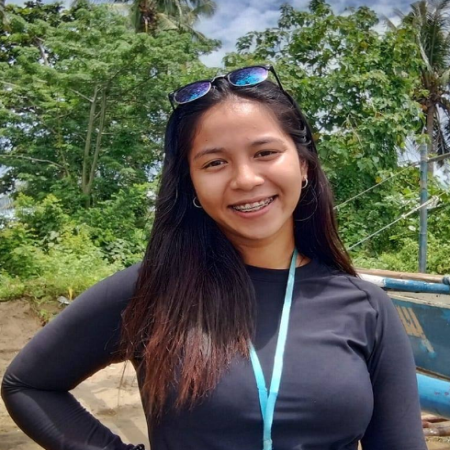AI4PEP COLLOQUIA
27th October 2023
Title: Understanding the life and struggle for recognition of the Ati People in Panay Island, Philippines
This presentation discusses Ati peoples lived-experiences, life’s aspirations and motivations, expression of their cultural identity, struggles for self-determination amidst cultural misrecognition brought about by powerful economic globalization and urbanization. This project may help in understanding the life of the Ati people in Panay, Western Visayas that paves the way for society to give them cultural recognition. It hinges on the idea that the Ati people, being one of the members of the indigenous peoples (IPs) in the country have suffered from various forms of cultural disrespect such as oppression, misrepresentation in local cultural activities, discrimination of their distinctive cultural practices and identities, and various human rights abuses by the society. Despite of the implementation of Republic Act 8371, also known as the Indigenous Peoples Act in 1997 in the Philippines, and the United Nations Declaration on the Rights of Indigenous Peoples, there are still unending issues on land grabbing, poverty, several health issues, and discrimination that haunted the Ati communities. For many years, Ati communities were displaced from their inhabited land because of the urbanization and economic globalization in Panay Island. Thus, the Ati people struggle for recognition of their rights and privileges as co-equal members of the Filipino society.
Keywords: Indigenous Peoples, Ati, Panay Island, Social Justice
Meet the Speakers
Pearl is an applied mathematician at the Department of Computer Science of the University of the Philippines, Diliman. With her MS and undergrad thesis students at the System Modeling and Simulation Laboratory, she currently studies: predictive modeling of infectious diseases, informed by telehealth and remote surveillance; the cascade of disasters, and their optimal mitigation.
She sees AI4PEP as a beautiful segue to the Covid-19 modeling they have done since 2020, which put forward the theory of age stratification to account for Covid-19’s bias against the elderly with comorbidities; and used non-linear incidence rates to account for human behavior and disease resistance factors. The cascade of disasters, which uses concepts from network theory, dynamical systems and optimization, will come up with a planning tool for simulating a cascade of disasters, and planning an optimal mitigation response. This will then be used to plan for the mental health epidemic which follows Covid-19.
She came up with the idea of a colloquium series, and is happy to coordinate it, actually
JP Petrola is the Director, Center for Heritage and Indigenous Cultures, University of San Agustin, Iloilo City and the coordinator for indigenous peoples (IP) communities for Atipan.
Associate Member, National Research Council of the Philippines (NRCP). He is a graduate of AB Philosophy from University of San Agustin (USA), Iloilo City. He holds MA in Education, major in Administration and Supervision from University of Iloilo-Phinma, Iloilo City and MA in Philosophy from Silliman University, Dumaguete City. Mr. Petrola is an Assistant Professor in Philosophy in the College of Liberal Arts, Sciences and Education. As a research faculty, he is interested in topics on Indigenous People’s (IPs) studies particularly the struggles of Ati in Panay, documentation of the lived experiences of Manobo and Mandaya in Mindanao, ethnography, critical theory, applied ethics and phenomenology. He presented papers in various conferences both local and international, and published research findings in peer-refereed journals. Furthermore, Mr. Petrola has contributed inputs to the United Nation’s Human Rights- Office of the High Commissioner’s special rapporteur on the rights of indigenous peoples. Currently, he is a candidate for the degree Doctor of Philosophy in Philosophy at the University of San Carlos, Cebu City.
Mary Angelica majors in social work at the Colegio del Sagrado Corazon de Jesus in Iloilo, Philippines. Aside from her academic training, she also has certificates in poultry and mango production! She is a provincial youth coordinator in Guimaras, and a trained health coordinator with the Atipan project. We will use the telehealth data from the Atipan project to inform the models we will develop for AI4PEP.


